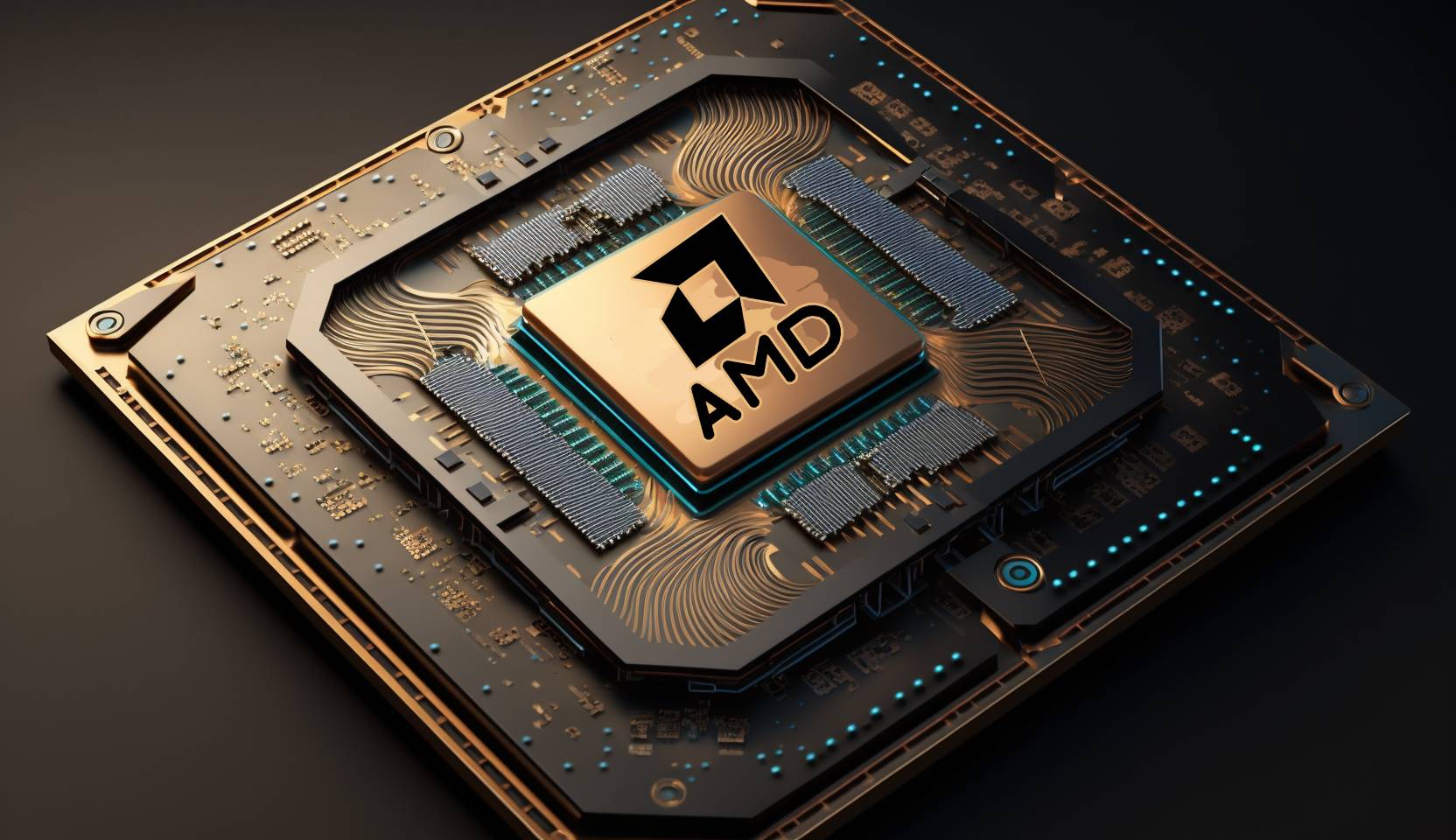Wall Street’s bullish sentiment is gaining momentum as the S&P 500 hovers near record highs ahead of earnings season. Despite political uncertainty in Washington and lingering concerns about an “AI bubble,” several top strategists are raising their forecasts, pointing to what they describe as “fundamental strength” across corporate earnings and continued support from Federal Reserve rate cuts.
Ed Yardeni of Yardeni Research lifted his S&P 500 target to 7,000, calling the ongoing rally a “slow-motion melt-up” fueled by resilient profits and Fed easing. Similarly, Evercore ISI’s Julian Emanuel maintained a 7,750 base-case target for 2026, assigning a 30% probability to a “bubble scenario” that could propel the index to 9,000 if AI-driven capital investment accelerates.
Signs of that exuberance are already visible. On Monday, OpenAI revealed a multibillion-dollar deal with AMD, granting the ChatGPT maker rights to acquire up to 10% of the chip giant as part of what executives have dubbed “the world’s most ambitious AI buildout.” The announcement sparked renewed optimism in semiconductor and software names, reinforcing the view that AI investment remains the market’s primary growth engine.
Yet, opinions remain divided. Amazon’s Jeff Bezos recently described the AI boom as a “good kind of bubble” that could fuel long-term innovation and economic expansion. In contrast, Goldman Sachs CEO David Solomon urged caution, suggesting that some capital deployed in the AI race may not yield the expected returns, potentially setting up a correction in the next year or two.
That debate is playing out against elevated valuations. The S&P 500 is trading near 25 times expected 2025 earnings, a level DataTrek Research says “reflects complete confidence” that companies will deliver. Analysts project 13% earnings growth in 2026 and another 10% in 2027, driven primarily by the same mega-cap technology stocks that have led markets higher this year.
Big Tech now represents nearly half of the S&P 500’s market cap, with Alphabet, Amazon, Meta, Tesla, and other AI-focused firms comprising 48% of the index. Analysts note that “multiple expansion” in these names is the foundation of the bull case, with a record number of tech giants issuing positive earnings guidance last quarter — a signal that earnings momentum remains intact heading into Q3 results.
Goldman Sachs strategists led by David Kostin argue that Wall Street’s current earnings forecasts are too conservative, citing strong macro data and robust AI-driven demand. Morgan Stanley’s Mike Wilson echoed that optimism, noting that lower labor costs and pent-up demand could spark a return of “positive operating leverage” — where profits grow faster than revenues — not seen since 2021.
While some investors remain wary of inflation’s potential return, Wilson believes it could be a tailwind rather than a threat, with the Fed likely to tolerate higher prices as long as growth remains solid.
As earnings season begins, the question for investors is not whether the rally can continue — but whether it is still being driven by fundamentals or increasingly by momentum.


